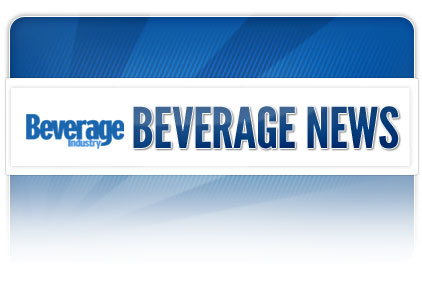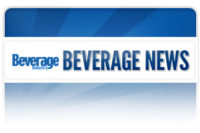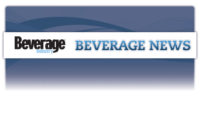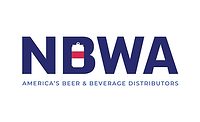The National Beer Wholesalers Association (NBWA), Alexandria, Va., kicked off the first full day of its 77th Annual Convention on Sept. 29 in New Orleans. The first full day of the convention focused on the regulatory, commercial and economic value of distributors.
NBWA Chairman of the Board Greg LaMantia spoke about recent changes in the industry, noting: “Change can be good. That’s exactly why today’s state legislatures can — and do — change state alcohol laws if needed. All progress comes through change, but not all change is progress.”
LaMantia warned against attempts to make detrimental changes to effective state laws that support today’s independent distribution system, which he referred to as “the system that helps all market participants grow and expand.” Pointing to the more than 3,000 breweries operating in the United States today and the craft segment’s 18 percent growth in 2013, he said: “With all the growth and success in recent years, why in the world would some say the laws and rules need to be changed? Small brewers are expanding because of the system we have in place here in the U.S.”
LaMantia also cited a report issued this year by the Boston Consulting Group which states: “Despite fears that small brewers can’t compete against the scale and reach of large, mass-market brewers, the opposite has proved to be true. … Ironically, small brewers’ ability to reach more drinkers has been enabled by the open U.S. beer distribution system — a system that was once thought to lock out smaller players.”
LaMantia concluded, “The three-tier system was established for a reason, and it delivers great value today.”
NBWA President and Chief Executive Officer Craig Purser expanded on the value that today’s independent beer distribution system provides, saying, “Distributors deliver commercial, economic and regulatory value to local communities.”
Purser explained the commercial value of local beer distributors by noting the explosive growth in the number of breweries operating in the United States and the enormous choice and variety for consumers as a result of an independent, open distribution system.
“Independent distributors are why the beer aisle has so much more selection than the soft drink aisle,” Purser said at the conference.
Purser also described how local distributors listen to the desires of local retailers and consumers and then work strategically to place products and build beer brands.
In addition, he detailed the economic value that distributors deliver, stating, “Beer distributors are Main Street businesses that deliver economic benefits to their local communities by providing local jobs, generating local commerce, and collecting local tax revenue.”
Purser also emphasized the regulatory value that local distributors provide. This past year marked 80 years since the repeal of Prohibition, “which means it’s also been 80 years since the foundation was put in place for today’s effective system of state-based alcohol regulation, which gave rise to today’s distribution system,” he said.
“This system continues to provide transparency and accountability, which means that product can be traced, which means the consumer receives safe product,” Purser continued. “[B]eer recalls over the past several years haven’t caused national panic, and they haven’t been the lead story on the evening news … because brewers and importers have been able to rely on distributors to efficiently and swiftly track the suspected product and remove it from the marketplace.”
Purser cited the distributors’ role in the Corona recall that took place before Labor Day, stating: “When a recall can be controlled and managed in a systematic, organized manner — and when the public can be given assurances that they will be protected — this is a system that works. This is a system that is worth preserving and protecting.”
Also on Sept. 29, Mike Gretz, president of Norristown, Pa.-based Gretz Beer Co., moderated a panel of representatives from four breweries of various sizes. The discussion included John Bryant, co-founder of No-Li Brewhouse; Steven Crandall, founder of Devils Backbone Brewing Co.; Tom Long, chief executive officer of MillerCoors LLC; and Tony Magee, founder of Lagunitas Brewing Co. The panel discussed its views on issues facing the beer industry and the three-tier system’s role in the American beer market’s success. They also emphasized distributors’ role in building brands and the importance of industry partnerships for growing the beer category.
The general session concluded with a presentation by Rob O’Neill, former team leader for the Naval Special Warfare Development Group and a highly decorated combat veteran. As a former Navy SEAL who has trained more than 800 special operations and tactical operators, O’Neill shared with the beer industry some actionable insights on leadership, decision-making, operating in uncertain environments, and how to become the “best of the best.”
Following the general session program, the Product Demonstration Showcase opened, featuring products and services from more than 130 exhibitors, including imported and domestic beer from 30 different breweries, non-alcoholic beverages, warehousing technology, financial services software, promotional products and more.
NBWA’s 77th Annual Convention continues Tuesday, Sept. 30. To view NBWA-TV reports from the convention, visit NBWA’s YouTube channel at www.youtube.com/nbwabeer.



